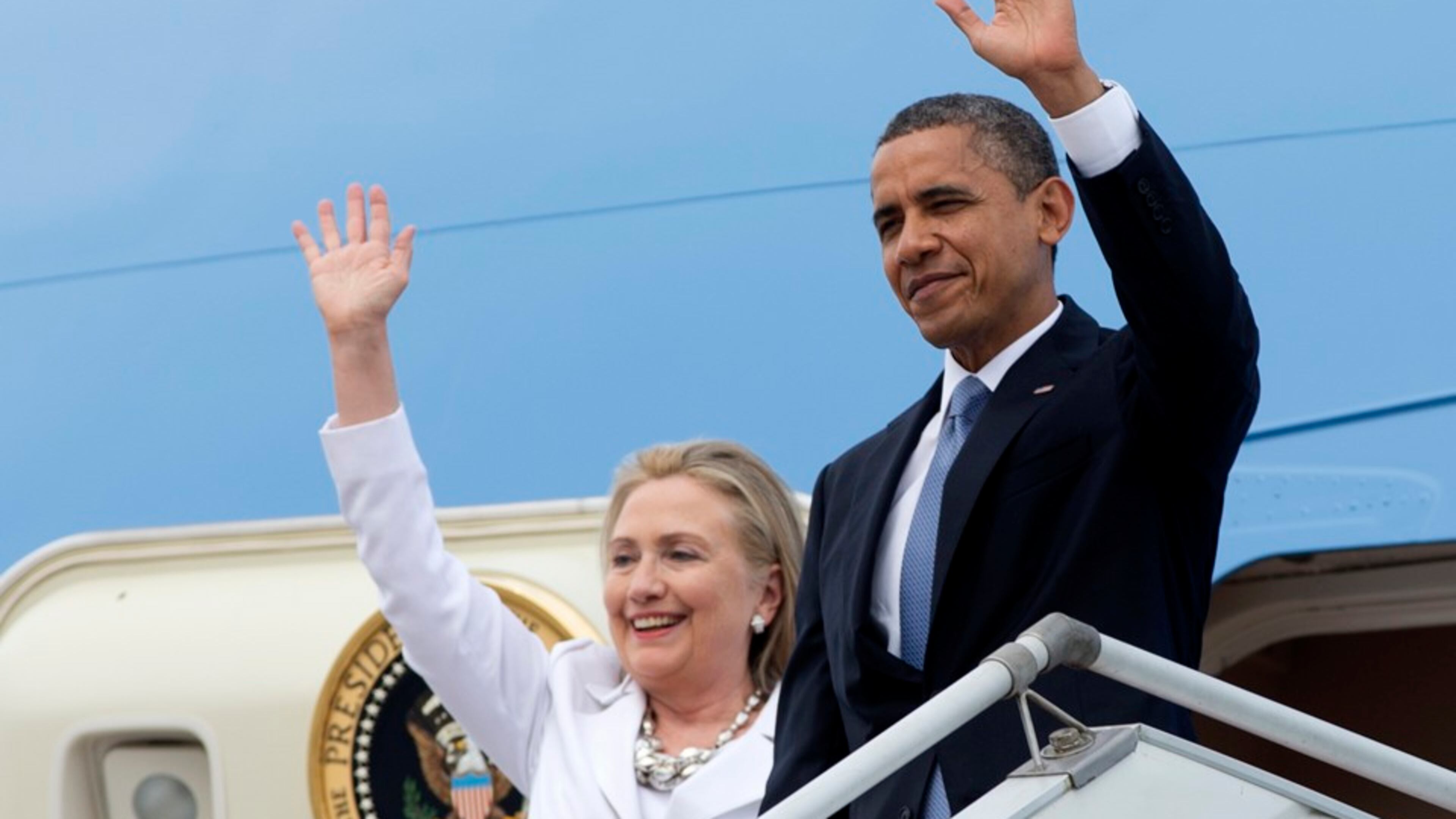Politics drives Hillary to break with Obama on trade

Congratulations, Bernie Sanders: Hillary Clinton is officially "feeling the Bern". (And yes, the prospect of a Joe Biden candidacy played a role as well.)
That's the obvious conclusion to be drawn from Clinton's announcement Wednesday that she would oppose the Trans Pacific Partnership treaty negotiated by the Obama administration since taking office in 2009. It's a decision driven largely by the politics of getting the Democratic nomination, where union support is critical, rather than by policy. And it suggests that Clinton knows she has a fight on her hands.
It also has implications for the general election, allowing Clinton to campaign on a more populist theme against a Republican nominee who is almost certain to support the treaty. (The exception would be Donald Trump, who opposes the deal because, well, those who negotiated it are very stupid people -- total losers really -- who didn't write "The Art of the Deal.")
The truth is that nothing in Clinton's pro-business, pro-trade establishment background would lead you to expect such a position. Much of the agreement was negotiated during her tenure as secretary of State, a period of time in which she was strongly and publicly supportive of the pact, calling it the "gold standard" of trade treaties at a point when it was less friendly to liberal causes than it is today. So when Reince Priebus calls yesterday's announcement “a case study in political expediency,” I think that's right, unfortunately.
My own inclination is to back the treaty until given good reason otherwise, which will mean taking a closer look once its details are released and listening to the subsequent debate. That's in part because I have a hard time imagining the Obama administration participating in a sellout to multinational corporations, as harsher critics of TPP describe the pact, and in part because the best approach to globalization is to maximize its benefits while acknowledging and adjusting to its consequences, including income inequality. It's that second half of the equation in which we've failed as a government and culture.
And as Clinton knows better than most, geopolitics also plays a role. Bringing 11 nations in East Asia into closer trade relations with the United States is important as a counter to a resurgent China, and rejection of the treaty in Congress after years of negotiation would undermine us internationally is much the same way, but in a different way, as rejection of the nuclear deal with Iran.
So does Clinton's opposition doom the TPP's chance for passage in Congress, where at least some Democratic support will be necessary to get it through the House? I doubt it. If the votes aren't there next spring, when the measure is scheduled to come up, it would probably be delayed through the presidential campaign and then voted upon after the election, when policy rather than political considerations can take precedence.
And that too is probably part of Clinton's calculation.
